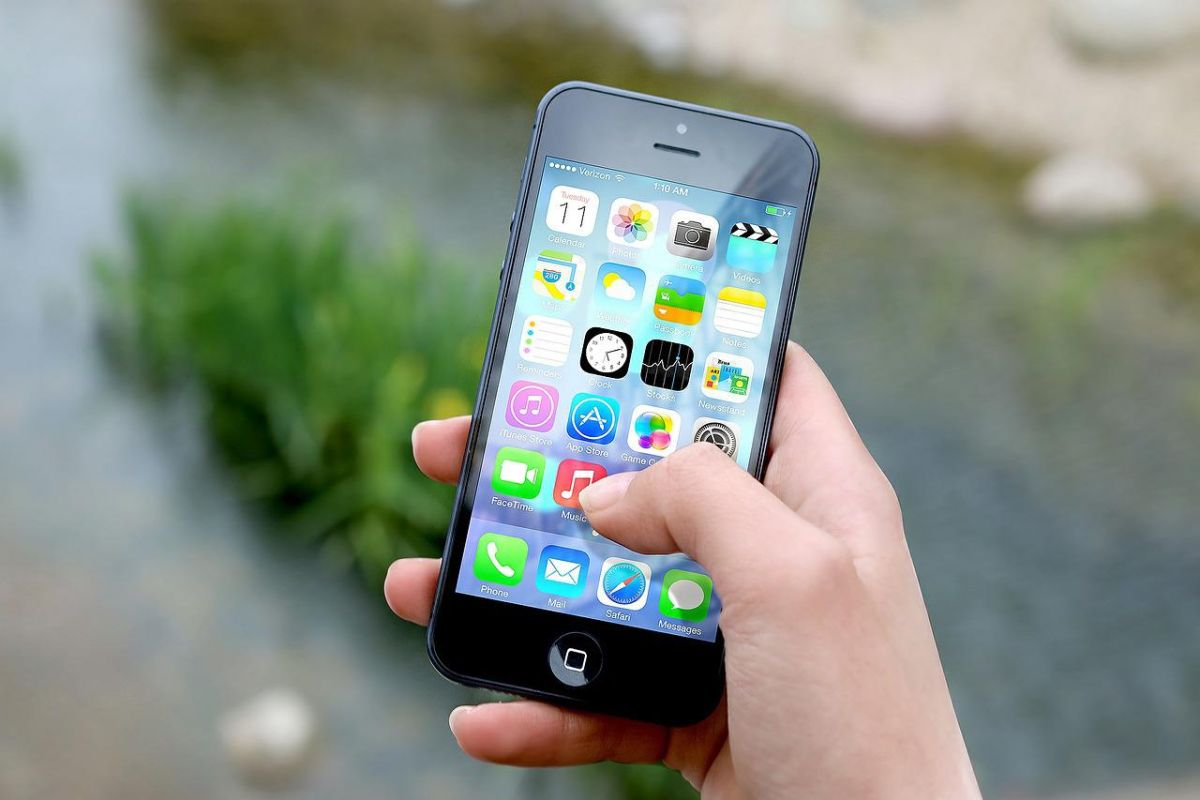"Guidance and counseling teachers must cooperate with parents to identify early signs and symptoms that point to or have high risk of addiction," she noted during the Teenager and Gadget webinar on Saturday.
"Thereafter, guidance and counseling teachers need to conduct necessary intervention to prevent or to find negative impacts of smartphone usage," she noted at the webinar held by the Satkaara Teacher Community Shares (KGSB).
Gadgets do not actually always have negative impacts on teenagers as was shown in the result of a survey conducted by Gregorio Serra from the Unit of Pediatrics in Università Campus Bio-Medico, Roma, Italy, in July 2021.
The survey highlighted the frequency of use of smartphones by children and teenagers during the COVID-19 pandemic.
It involved around five thousand people aged 14-18 years, and it shows that there is a change in the purpose of smartphone utilization among teenagers, specifically for human connection, study, and entertainment.
Related news: Early gadget exposure causes speech delay among children: Pediatrician
Moreover, the survey shows that smartphone utilization provides psychological and social support during the COVID-19 pandemic as a result of action to control the virus infection.
However, gadgets bring negative impacts in the form of significant increase, thereby translating to overuse and addiction. Before the pandemic, the risk of addiction was higher, but after the pandemic, the risk is lower.
Susanti highlighted a technique named Emotional Freedom Technique (EFT) that can be used to mitigate children's gadget addiction.
According to Healthline, EFT is included in alternative medication to handle physical pain and emotional pressure.
The technique's users believe that by tapping their bodies, they can create a balance within their energy system and treat pain.
According to its creator, Gary Craig, energy distortion became the cause of all negative emotion and pain.
While it is still being researched, EFT has been used to treat people with anxiety and post-traumatic stress disorder (PTSD).
"We serve to mitigate addiction in children with Emotional Freedom Techniques. Half of them succeed, while the other half are still in the process," she noted.
"To be able to conduct intervention, (it is crucial to) maintain adequate physical and psychological development as well as healthy social relations," she explained.
Moreover, in connection with the collaboration, several forms of identification by teachers and parents should be conducted, such as by choosing children, who are focused on dealing with addiction problems faster.
Related news: Gadget producers to provide products compatible with 5G network: gov't
Translator: Lia Santosa, Fadhli Ruhman
Editor: Suharto
Copyright © ANTARA 2022










